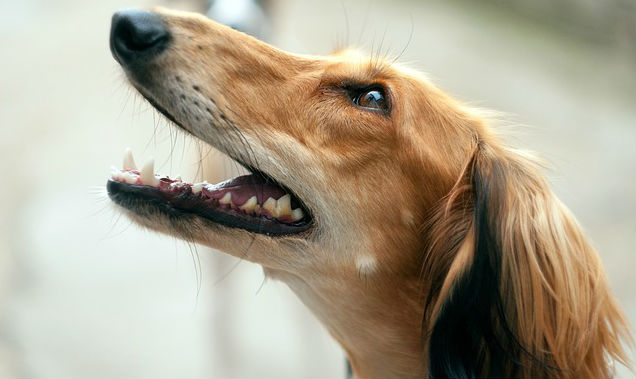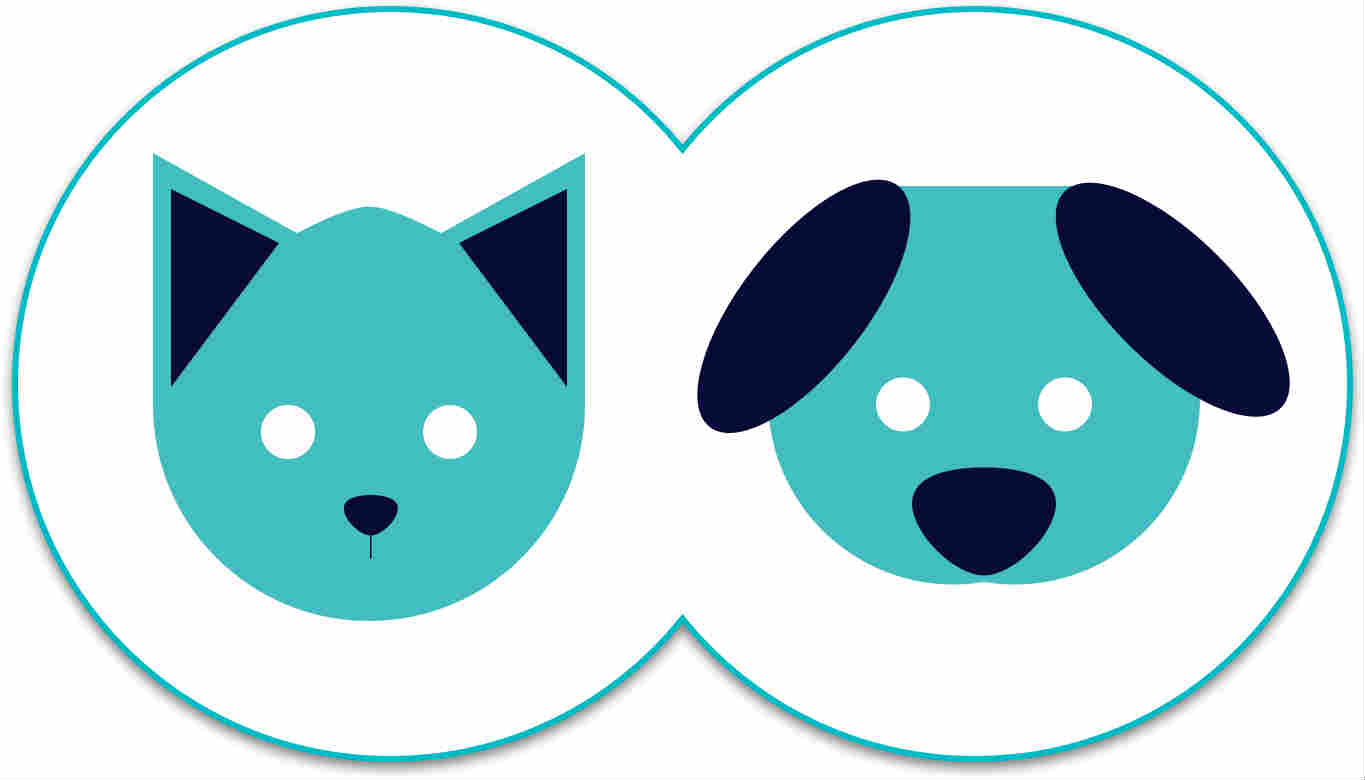My vet performed a canine tooth extraction. Will this cause problems for my dog?
Original Question: I took Tinker to be spayed and she had 2 baby teeth to be pulled but they pulled her adult tooth instead of her puppy tooth and there is no fang tooth anymore. What do I do? - Glenda
 May 6, 2018
May 6, 2018
Hi Glenda,
Thanks for your question.
I’m not sure if I fully understand what has happened based on your question. It sounds as though Tinker had what we call retained deciduous teeth. This is very common in small breed dogs. This is where the baby teeth fail to fall out as they are supposed to. If they stay in, they can cause the adult teeth to take on an improper position in the mouth as they erupt through the gingiva. If they are improperly positioned, then the mouth may not close properly and it could be painful. For this reason, veterinarians will commonly recommend that the baby teeth be extracted while they are under a general anesthetic for their spay or neuter procedure. The most commonly retained teeth are the ‘canine’ teeth (or the fang teeth as you are calling them).
In your question, I believe you are saying that the veterinarian performed a canine tooth extraction rather than remove the deciduous or baby teeth. If this is correct and I don’t know if it is, then there is not a lot that you can do. What I can tell you is that the canine teeth are not very functional teeth for a dog and this won’t create any problems later in life. These teeth have evolved to tear flesh off another animal and our domesticated dogs really don’t need to have this ability anymore. These teeth have no real function with today’s diets and you won’t see any deficiency in function with your dog’s ability to eat.
The problems that I can think of that could be an issue for you are purely cosmetic. When she opens her mouth, you obviously won’t see these teeth which I don’t believe is a significant concern. The other issue is that her tongue may stick out on that side. The canine teeth will often keep the tongue in the mouth when it is closed and without them, the tongue can hang out a little. Quite frankly, when the tip of the tongue hangs out a little I’ve always found it to be a pretty cute characteristic. There are really no concerns about this.
If this is correct that an adult tooth was extracted instead of a deciduous tooth, then that was an error on the veterinarian’s part. If this truly upsets you then you could consider submitting a complaint against their license. This would be a very unpleasant experience for the veterinarian but I don’t think it would result in a very severe penalty. The results of this type of action will not result in compensation. You would have to bring charges in court for that. I would highly recommend you don’t proceed with any of that as I believe it won’t be rewarding for you. My advice is to express your disappointment with the veterinarian and work out a solution that you are comfortable with.
Again, I have no way of knowing whether the wrong tooth was extracted. There can be other factors that contributed to the failure which I would have no knowledge of. Keep that in mind as you proceed.
I hope this helps.
Dr. Clayton Greenway


Disclaimer: healthcareforpets.com and its team of veterinarians and clinicians do not endorse any products, services, or recommended advice. All advice presented by our veterinarians, clinicians, tools, resources, etc is not meant to replace a regular physical exam and consultation with your primary veterinarian or other clinicians. We always encourage you to seek medical advice from your regular veterinarian.

